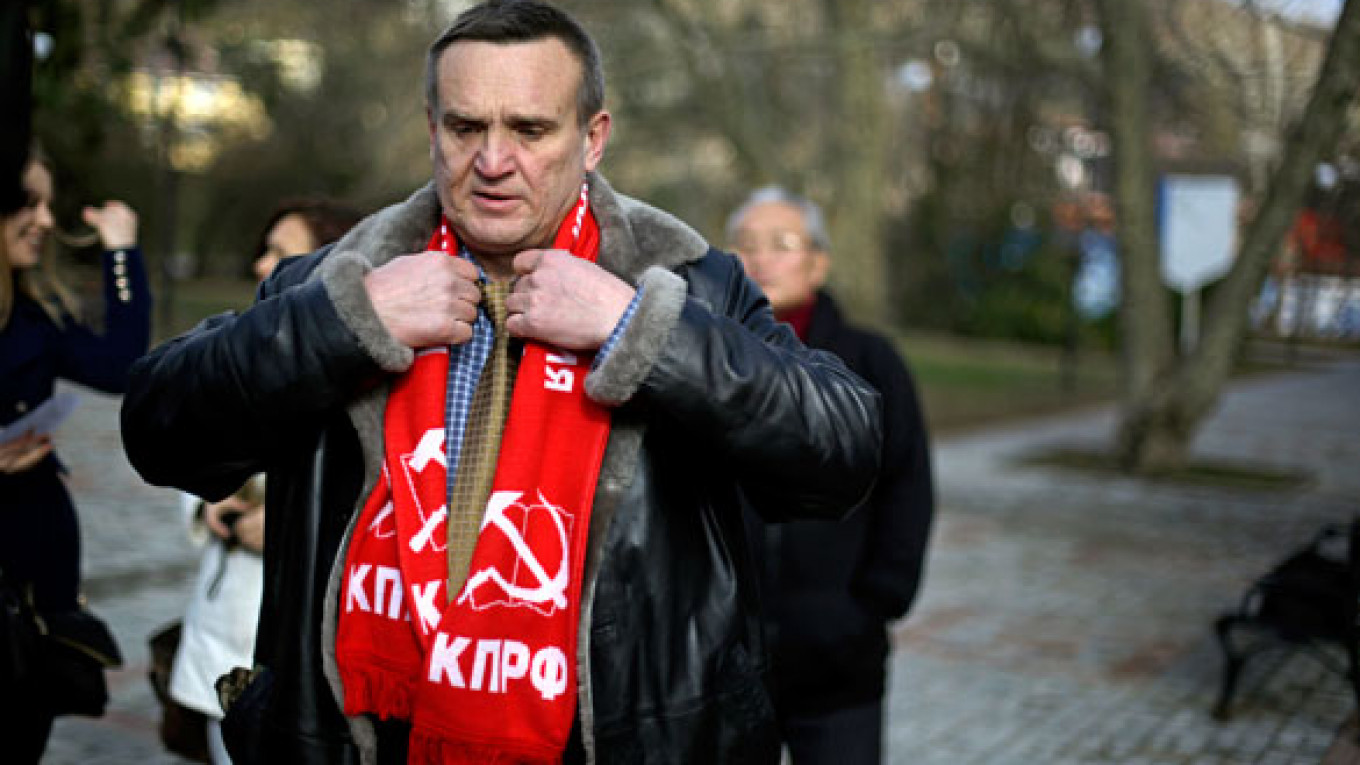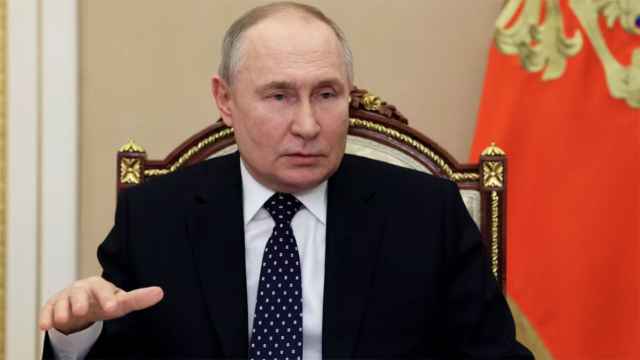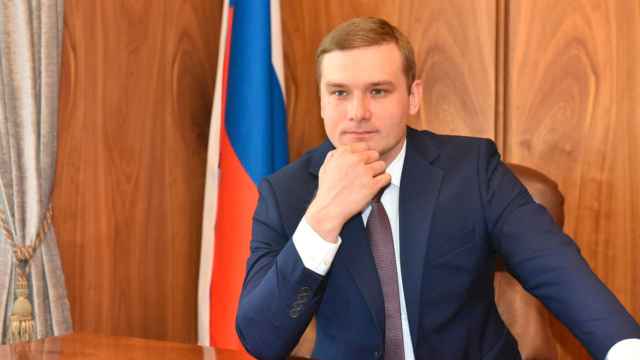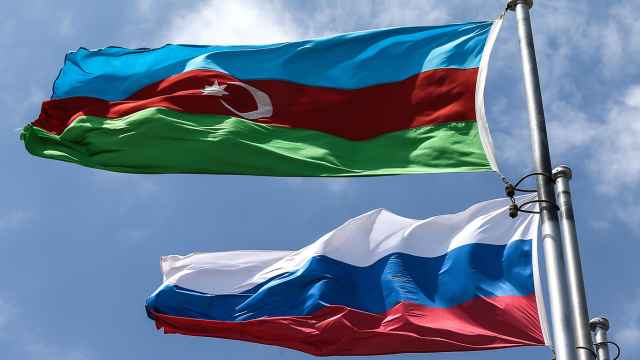SOCHI — In the shadows of an elevated highway, inside an out-of-the-way park, a hardy band of local Communist Party members staged the first formal protest of the Sochi Olympics.
Miss it? That's not surprising. About 12 kilometers from the nearest Olympic venue, a handful of curious onlookers, a few mothers pushing young children in carriages, two television cameras and a sprinkling of uniformed and plain-clothes police were there to witness Igor Vasilyev, leader of the Sochi Communist Party Branch, and six supporters stage a peaceful rally on Saturday.
Russian authorities are allowing public demonstrations during the Olympics, but there is unlikely to be massed angry mobs of people protesting against the kinds of issues in Russia that have gained international attention ahead of the Games.
Under the guidelines, all demonstrations and rallies must be staged in the designated zone — at the "50 Years of Victory in the Great Patriotic War Park" in the coastal neighborhood of Khosta — and must be pre-approved.
Vasilyev said he applied for his permit on Jan. 27 and was given approval to stage a rally on Saturday, six days before the opening ceremony.
The group, wearing red scarves and holding placards, wanted to raise awareness of the plight of the so-called Children of the War — Russians born between 1928 and 1945 — and their campaign for public financial aid.
Not even Vasilyev thinks the designated protest zone will get much use — it is bounded by a river on one side, a railway on another, is nestled under the new main Sochi highway, and is accessed by a pedestrian pathway near the end of a dead-end street.
To say it is tucked away would be an understatement. Some of the local residents have confused the location, with some asking the manager of a nearby children's amusement park if it is the designated demonstration zone.
"I think this is the wrong place … it was chosen on purpose," Vasilyev said. "I want to underline that the authorities have chosen this place specifically because it is not a busy place — there are very few people. You can only guess what they were aiming at when they chose this place."
Vasilyev plans to stage rallies at locations closer to the municipal government's central office after the Olympics, in a "place where we can be heard and seen both by the local people and by the authorities — not here when we are seen only by the passing trains."
Kindergarten assistant Yelena Chulkovr was among those walking, by chance, through the designated zone at the time of Saturday's rally. She said she would welcome demonstrations by protest groups if they were "acceptably done."
"Why not?" she said. "Everyone has the right to express their opinion."
Asked why he persisted in staging a rally when he knew it would be so far out of the public eye, Vasilyev found a reason to go ahead.
"The venue is not much suitable," he told a television interviewer, "but at least you are listening to us."
A Message from The Moscow Times:
Dear readers,
We are facing unprecedented challenges. Russia's Prosecutor General's Office has designated The Moscow Times as an "undesirable" organization, criminalizing our work and putting our staff at risk of prosecution. This follows our earlier unjust labeling as a "foreign agent."
These actions are direct attempts to silence independent journalism in Russia. The authorities claim our work "discredits the decisions of the Russian leadership." We see things differently: we strive to provide accurate, unbiased reporting on Russia.
We, the journalists of The Moscow Times, refuse to be silenced. But to continue our work, we need your help.
Your support, no matter how small, makes a world of difference. If you can, please support us monthly starting from just $2. It's quick to set up, and every contribution makes a significant impact.
By supporting The Moscow Times, you're defending open, independent journalism in the face of repression. Thank you for standing with us.
Remind me later.






